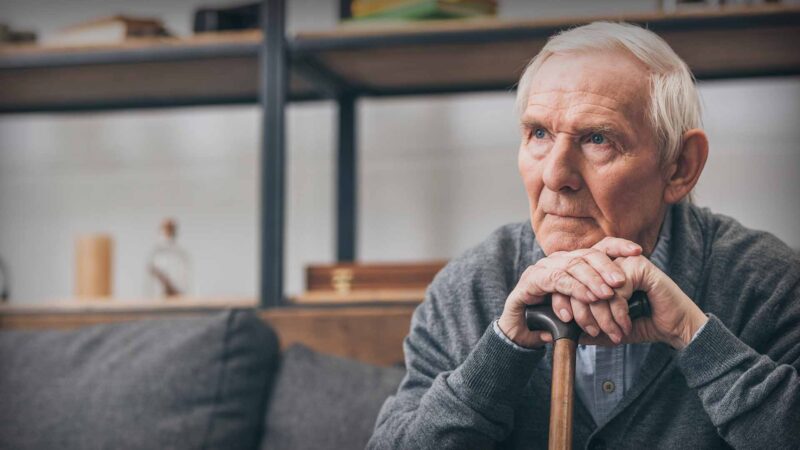THE OCCUPATIONAL THERAPIST WHO BUILDS NEURO-AFFIRMING, TRAUMA-INFORMED THERAPY ENVIRONMENTS A journey creating therapy space based on paediatric neuroscience and psychology
With
Rochelle Mutton,
Director, Founder & Clinical Lead OT
Motivate Kids, Adelaide South Australia & Occupational Therapy Australia member
PEOPLE IN HEALTH CARE SEGMENT
Filmed in Broadview, South Australia | May 2025
Rochelle Mutton is a visionary leader and paediatric occupational therapist, best known for her work in creating neuro-affirming, trauma-informed therapy environments that empower children and families. As the Founder and Lead OT of Motivate Kids in South Australia, she has grown the practice over 8 years from a two-person team into a thriving organisation of over 40 staff across three purpose designed studios.
She pioneered the design and development of the Motivate Kids studio in Broadview, awarded the 2024 HIA-CSR South Australian Housing Award for Best Small Commercial Project. The facility sets a new benchmark for therapeutic environments for children, combining research-informed design with a deep understanding of regulation, sensory and developmental needs.
Grounded in clinical excellence and guided by a relational, values-led philosophy, Rochelle has led the development of holistic, evidence-informed services that extend beyond traditional therapy models—including Motivate Education, Motivate Internship, and programs that build both community and workforce capacity.
With expertise in sensory integration and attachment-based therapy, she mentors the next generation of therapists, advocates for sustainable, values-led service delivery, and collaborates on emerging research to shape the future of paediatric therapy.
At the heart of Rochelle’s work lies a commitment to connection and compassion—ensuring that every child feels safe, seen, and supported.
Source: Supplied and adapted
You Might also like
-
Clinical entrepreneur addresses needle-phobia
Australian entrepreneur, Lauren Barber, turned her nursing background into the role of an inventor and launched a medical device into the Australian healthcare industry.
No journey is linear for an entrepreneur, but Lauren has travelled considerable distance from a nursing student to a successful entrepreneur illustration her determination and passion to help those with needle phobias. Lauren’s work with NeedleCalm is making a positive impact in the healthcare industry and improving the experiences of patients and clinicians alike.
-
Priming Australia for social prescribing
Social prescribing provides support in various areas of people’s lives, leading to increased confidence, improved navigation of systems, and enhanced friendships and trust in healthcare, while communities should be designed in an age-friendly way to prevent isolation.
In Part 1 of the Models of Care on Social Prescribing, Australian Health Journal spoke to 4 people advocating for social prescribing in Australia
-
Challenges of delivering a person centred palliative care model
In this Op-Ed piece GP, Dr Paresh Dawda who has patients in palliative care, and palliative care nurse practitioner Nikki Johnston OAM talk about the issues that need be addressed in the Australian health system to support patients with complex care needs.



